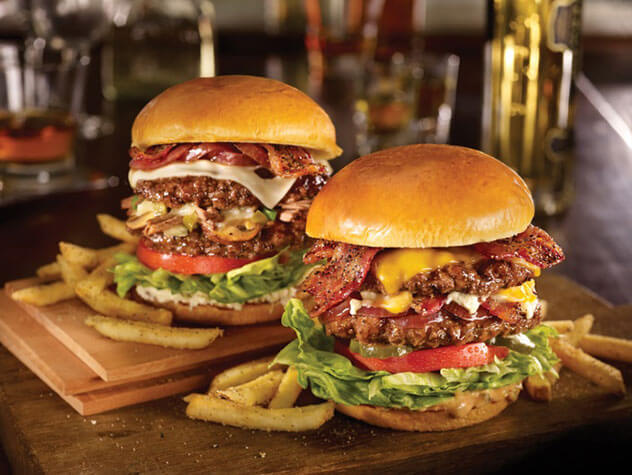South Africa is the unhealthiest country in the world

Bloomsbury Economics recently released their 2019 Indigo Wellness Index which ranks 191 countries according to various measures to find out which are the healthiest and unhealthiest. The results are disappointing for South Africa to say the least; we were ranked the unhealthiest country in the world.
The Index includes 10 criteria to measure health and wellness, which are: government spending on healthcare, obesity, alcohol consumption levels, blood glucose, happiness, depression, inactivity, blood pressure, tobacco use, and life expectancy.
As much as deep-fried fast food and many nights of heavy drinking is sure to lead to an unhealthy lifestyle, there is a bigger health issue in the country at large.
How did we get here?
Various factors have caused South Africa to perform so poorly on health reports. Individual, political, and economic circumstances have all contributed to the decline of health in our country.
According to the World Health Organisation (WHO), South Africans between the ages of 30 and 70 face a 26% probability of suffering and dying from cancer, cardiovascular diseases, chronic respiratory disease, or diabetes.
Over 28% of our adult population is obese, meaning fat or overweight. Having a Body Mass Index (BMI) of 30 and above is considered obese by the Calorie Control Council. According to the WHO, one of the biggest reasons for this is our high alcohol consumption;. South Africa ranks 19th in their global alcohol consumption index.
Government spending on healthcare is another major issue, with South Africa lacking severely in overall medical support in comparison to countries such as the United Kingdom and France. Although medical spending is our country's fourth biggest expenditure behind education and social welfare, our overall budget falls well below many higher-ranking countries. For each South African rand the government spent in the 2014/2015 fiscal year, just 11 cents went towards healthcare. Current statistics are not yet available on publishing date.
Where do we go from here?
While the everyday South African can't drastically change government spending on healthcare, you do have the power to change every one of the other nine criteria to help make yourself, and South Africa, healthier.
Changing your diet, for example, can make a huge difference to your overall health. Replacing saturated fatty foods with healthier, leaner alternatives could reduce the risk of getting cardiovascular diseases, while eating less refined sugar could help prevent diabetes. Although healthy alternatives could be more expensive than fast food, a higher demand for healthier foods could reduce production costs and effectively lead to cheaper prices for consumers. You could also end up spending less on overall medical costs if you maintain a healthy diet.
Incorporating exercise into your lifestyle could also help. A mixture of cardio and strength-training exercises is the best way to maintain a healthy body mass index, which is calculated based on your weight and height and indicates whether you are underweight, overweight, or within a healthy range.
One area where you can help improve your health is to obtain quality healthcare through a reliable medical aid. This will assist by reducing the financial burden of health issues in the future, and ensure that you can focus on improving your health rather than being concerned about the financial impact of illness.
Prices quoted are correct at the time of publishing this article. The information in this article is provided for informational purposes only and should not be construed as financial, legal, or medical advice.

































